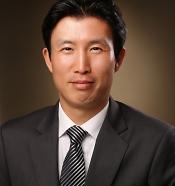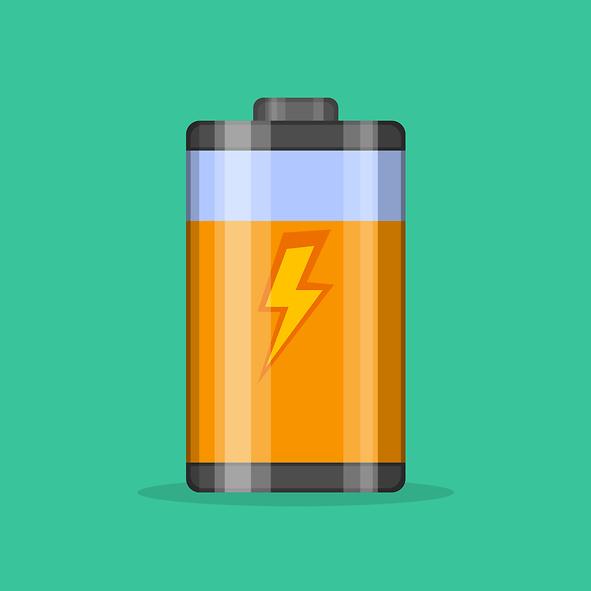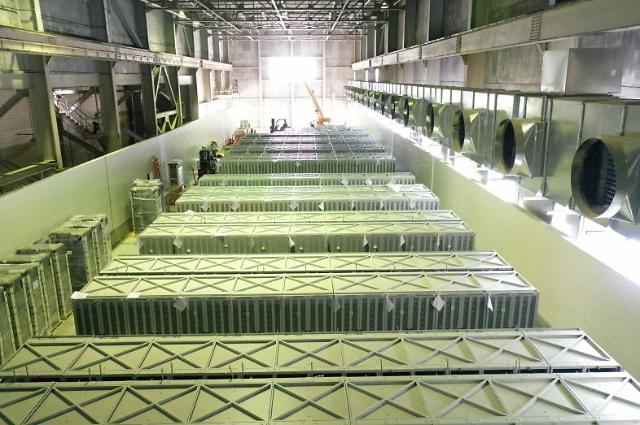
[Courtesy of UNIST]
There was no confirmation from Volkswagen and Singular Materials Laboratory (SM Lab), a startup founded by Cho in 2018, but South Korean media highlighted SM Lab's superior technical skills in cobalt-free cathode materials with high energy density, such as lithium-and-manganese-rich (LMR) and lithium nickel oxide (LiNiO2).
Cobalt, an expensive rare-earth element widely used in lithium-ion batteries, is vulnerable to sudden price fluctuations. Much research has been focused on reducing the amount of cobalt or completely removing cobalt from the composition to have a cobalt-free cathode.
South Korean companies are trying to produce new batteries with a high proportion of nickel that would allow battery producers to save costs and extend the driving range. Chinese companies have focused on batteries that use cobalt-free lithium iron phosphate (LFP) as cathode material and a graphitic carbon electrode with a metallic backing as the anode.
LFP batteries offer low cost, low toxicity and long-term stability. Due to rising raw material prices, more and more electric vehicle companies adopt cheap LFP batteries, but their main drawback is lower energy density than that of lithium cobalt oxide.
SM Lab has developed a single crystal cathode material containing 74 percent manganese and 26 percent nickel. SM Lab's LMR cathode material has the advantage of being resistant to high temperatures. Without using water, a single crystal cathode material reduces facility costs.
In a subsequent breakthrough, SM Lab boosted the content of nickel to 98 percent or more for use in new nickel-rich batteries. Because LFP particles should be made small, there becomes more unused space between particles, leading to low energy density. SM Lab increased the size of one particle by adding a small amount of its own particle growth promoter. In order to increase energy density, the size of one particle should be appropriately increased. SM Lab has developed conductive coatings to overcome the low output characteristics of high manganese electrode materials.
LiNiO2, or known as LNO, is a promising cathode material due to its exceptionally high capacity and cobalt-free composition that enables more sustainable and ethical large-scale manufacturing. However, its poor cycle life at high operating voltages impedes its practical use.
In February 2022, a joint team of South Korean and U.S. researchers from Pohang University of Science and Technology (POSTECH) and Northwestern University presented a method to more than double the lifespan of LiNiO2 by covering it with a thin layer of graphene to block oxygen generation.




